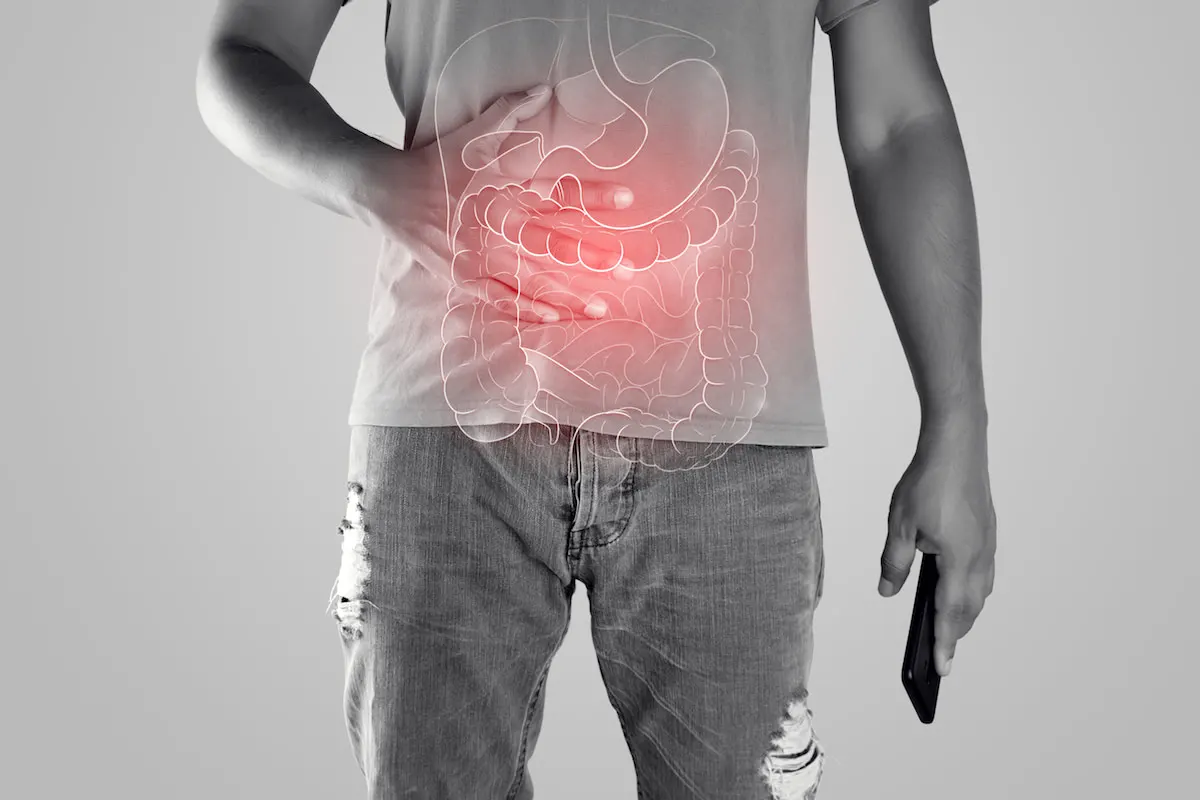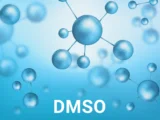Updated on 15. November 2021 from Carolin Jäger
Reading time: approx. 4 minutes
In medicine, the term anorexia refers to two different eating disorders: Lack of appetite and anorexia nervosa. When we talk about anorexia in the following, we mean the lack of appetite (inappetence).
Appetite is the desire to eat or drink something special. This can occur quite independently of hunger, although it is closely related to the regulatory site for feelings of hunger and satiety, located in the command center hypothalamus.
So lack of appetite is when your favorite food suddenly no longer tastes good and the desire to eat in general has gone. Temporary inappetence can of course occur once due to stress or emotional turmoil, without an underlying cause necessarily having to be treated. However, if the loss of appetite lasts longer, there could be a health problem or even a disease behind it.1
The central nervous system, or more precisely the limbic system, is predominantly involved in the formation of appetite and the preference for certain tastes. This is one of the oldest parts of the human brain. This is the underlying, determining clock for our drives, desires and emotions and also for our appetite. A full 80% of eating behavior is rooted in the limbic system. The reward center in the limbic system is also subject to the influence of many neurotransmitters, such as serotonin, and determines whether and what we have an appetite for.2
Factors such as tension, emotions, but also the aroma and appearance of the food, have a significant influence on the release of neurotransmitters and thus on the development of appetite. While some would like to lose weight and fight the influences of the limbic system with pure willpower, others suffer from loss of appetite. This is not necessarily due to the absence of certain neurotransmitters. There are many possible causes for loss of appetite. But in any case, persistent inappetence is not only a sign of a serious disorder, but also extremely unhealthy, because over time the organism lacks vital nutrients, which can have serious consequences. Therefore, this is also referred to as a disease.3
The following causes can be present in loss of appetite:
- Stomach Flu
- Infections
- Food poisoning
- Pancreatitis
- Migraine
- Heartbreak
- Hepatitis
- emotional turmoil
- Stress
- Cirrhosis of the liver
- Drugs
- Appendicitis
- Gallstones
- Depression
- Anorexia
- alcohol and drug abuse
- Gastritis
Loss of appetite as a cry of the soul
Not having an appetite once in a while is nothing to worry about. However, those who, despite physical health, permanently feel little appetite, may suffer from mental stress, which not only deprives them of the desire to eat.
In the case of both depression and burn-out, the mental suffering often results in somatic complaints such as loss of appetite. Anxiety disorders and other mental health conditions are also often associated with poor appetite.
Conversely, of course, a positive, life-affirming mood can favorably influence health and thus a healthy appetite.
The effect of emotions on appetite
Thanks to psychoneuroimmunology, the biochemical reactions in the organism are now clearly detectable.
In so-called integrative individual case studies, the mood and general well-being of the test persons were examined, and at the same time their urine was examined for inflammation values. Here it was shown that during emotional stress, inflammation levels also increased in parallel.4
But equally, the link between positive emotions and thoughts on inflammation has already been proven by studies.
For body and soul form an inseparable unity, in which both poles mutually condition and influence each other.
Thus, the Greek word “psychosomatic” also means soul-body and here clarifies the togetherness of these supposed opposites.5
Loss of appetite as a concomitant of depression
Depression can lead to increased eating behaviour on the one hand, but also to a loss of appetite on the other. Likewise, stress – due to the release of certain neurotransmitters and hormones – results in decreased appetite.6
To regain your appetite for food, sometimes even small changes are helpful.
A lovingly laid table, a beautifully decorated plate with fragrant herbs and a brief pause before the first bite, draw attention to the food and provide a positive stimulus for the digestive system. A relaxing walk, preferably in the great outdoors, helps clear your thoughts and feelings and can also boost your appetite. Thus, apart from the conventional conventional medical methods, there are also numerous other possibilities for self-help in the case of psychosomatically caused loss of appetite.
Last but not least, a detoxification process for body, mind and soul – a holistic fasting, so to speak – may be a chance to make room for something new.
Then it can be helpful to deal with one’s own life issues in order to reinterpret the symptom “loss of appetite” and perhaps assign a previously hidden meaning to it. For symptoms, especially psychosomatic symptoms, can be subjected to an interpretation and thus receive a meaning.
With this in mind, any time is the right time to take the reins – and therefore the responsibility – for your own well-being back into your own hands.7
Related articles: Anorexia – Loss of appetite
Sources:
[1] Appetitlosigkeit – Keine Lust auf Essen, at https://www.pharmazeutische-zeitung.de, Access date 02.07.2021
[2] How External Stimuli Affect Our Eating Behavior, at https://www.geo.de, Access date 02.07.2021
[3] Appetitlosigkeit, at https://www.onmeda.de, Access date 02.07.2021
[4] Psychosomatik, at https://www.planet-wissen.de, Access date 02.07.2021
[5] Emotionen, at https://www.die-gesunde-wahrheit.de, Access date 02.07.2021
[6] Psyche, at https://www.planet-wissen.de,Access date 02.07.2021
[7] Book: “Krankheit als Weg” by Rüdiger Dahlke and Thorwald Dethlefsen, Goldmann Verlag, (ISBN 978-3-442-16101-0)















